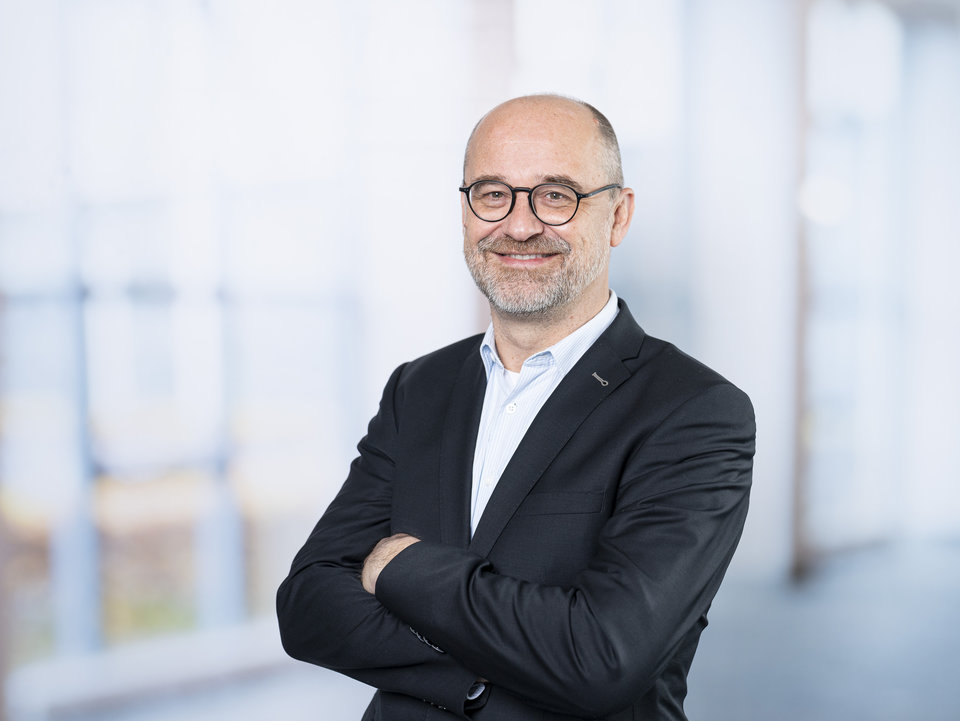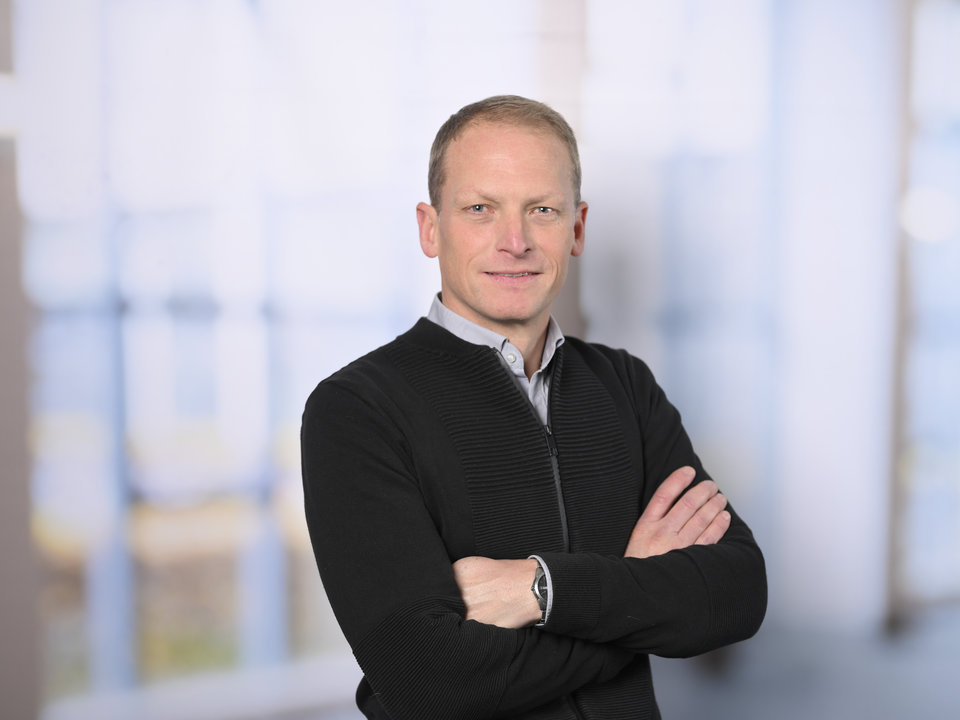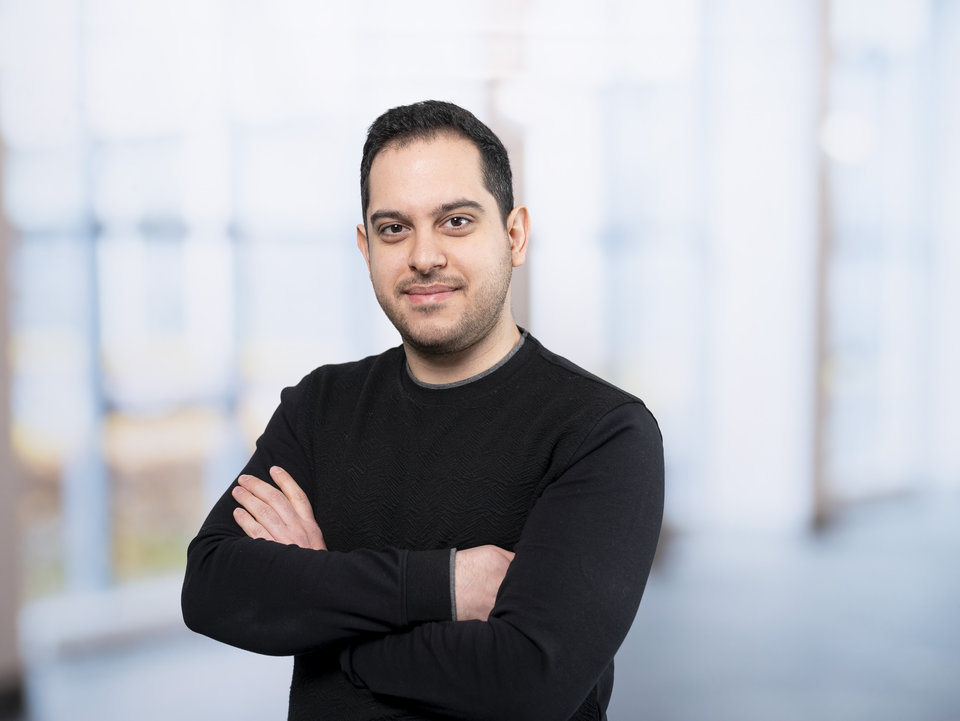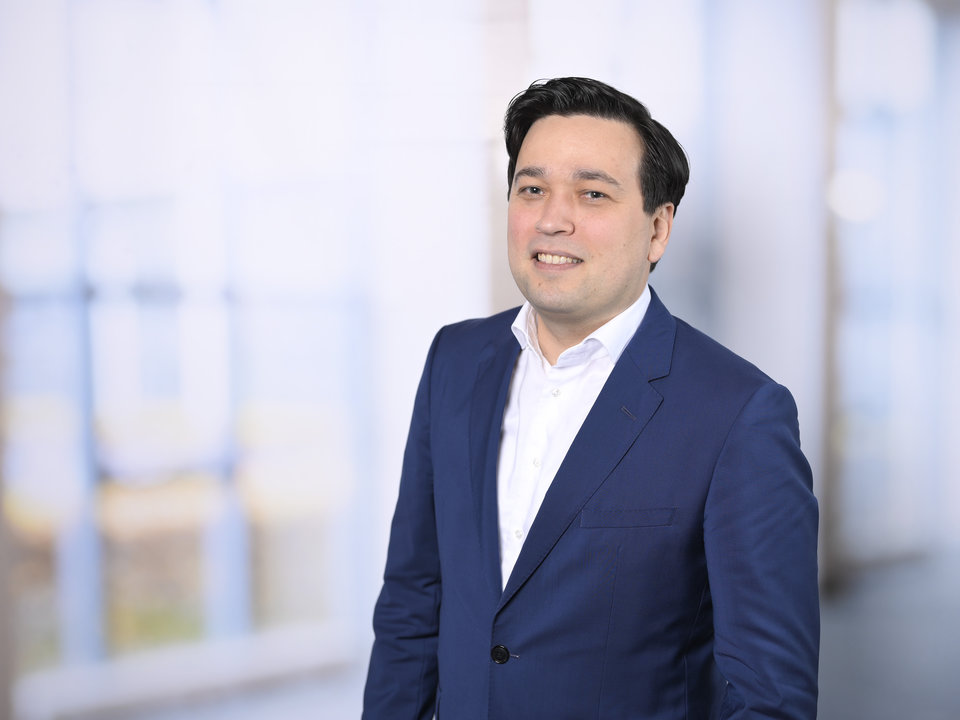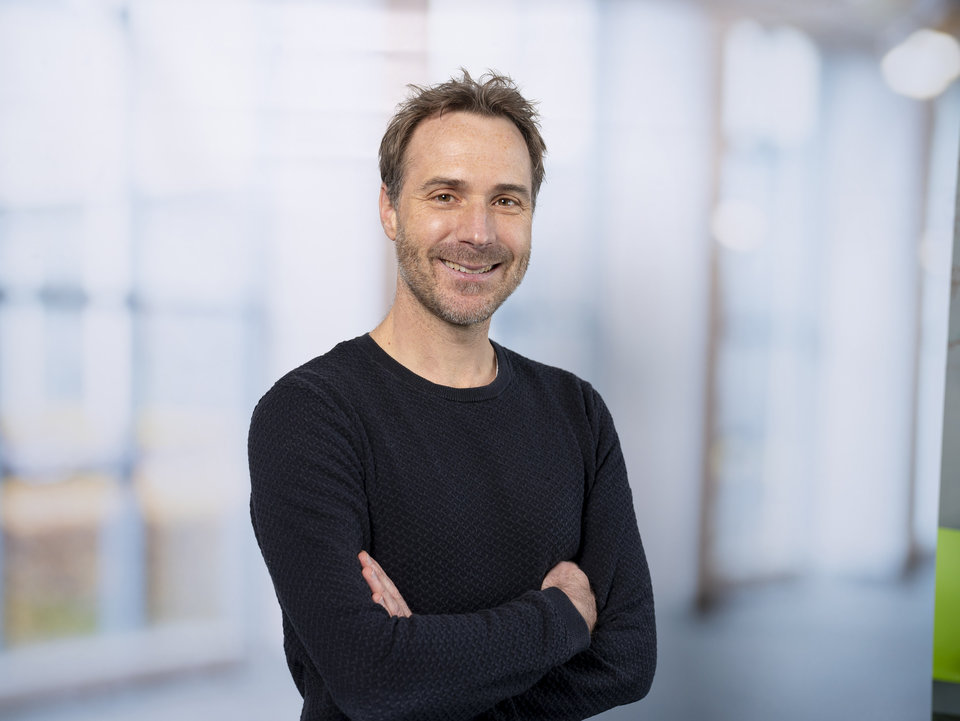Ports & Waterways Sustainability Lab (PWS Lab)
In an era marked by a growing commitment to environmental consciousness and sustainability, the "Ports and Waterways Sustainability" Lab stands as a guiding light of dedicated research focused on advancing the environmental, social, and economic sustainability of ports and waterways. Our mission is to champion green practices within the maritime sector, ensuring that the vital arteries of global trade not only prosper but also harmonize with the principles of sustainability.
Our researchers lead the charge in exploring innovative strategies that hold the potential to dramatically reduce the ecological footprint of port and waterway operations. Central to our work is the adoption of clean energy sources and initiatives aimed at reducing emissions. But we don't stop there. We are also committed to investigating nature-based solutions for different purposes, which include strategies that harness the power of natural ecosystems to mitigate environmental impacts and enhance the resilience of port and waterway infrastructure.
Through rigorous study and practical application, we aim to pave the way for a future where the maritime industry is not only economically viable but also environmentally responsible. Our commitment to sustainability extends beyond emissions reduction. We delve deep into sustainable design practices, seeking to minimize the environmental impact of port and waterway infrastructure. By incorporating environmentally friendly techniques, and exploring nature-based solutions, we are at the forefront of reshaping the way maritime infrastructure is planned, designed, and constructed.
Furthermore, our researchers work on the implementation of technologies and practices that are specifically engineered to reduce the ecological footprint of port and waterway infrastructure. Sustainability isn't just a concept but a guiding principle that informs every aspect of our work, from the development of energy-efficient systems to eco-friendly management practices, and the integration of nature-based solutions for various purposes.
By aligning the day-to-day operations of ports and waterways with the overarching goals of sustainability, we aim to contribute to a more environmentally responsible and resilient maritime industry. Our lab's dedication to promoting sustainable practices within this critical sector ensures that it not only thrives in the present but also secures a future where the maritime industry plays a pivotal role in global trade while minimizing its impact on the environment. Through our pursuit of sustainable solutions, we strive to create a brighter, greener future for the maritime world.
Research Programs
Research conducted within the Ports & Waterways’ labs is dedicated to advancing innovation, with a focus on economically viable, socially responsible, and environmentally sustainable maritime design and operations, including its logistic chains. Our research is often carried out in close collaboration with other faculties TU Delft and organizations such as Port of Rotterdam, Rijkswaterstaat, Deltares, consulting firms, and contractors.
The Ports & Waterways Sustainability Lab has been actively engaged in several research programs, contributing to the development and improvement of maritime operations:
• Port Research Centre Rotterdam – Delft (PRC)
• Rijkswaterstaat Inland Waterways
• Integral Planning of Delta (IPOD)
• Delft Infrastructures and Mobility Initiative (DIMI)
• PATH2ZERO
Port Research Centre Rotterdam (PRC) – Delft
PRC Delft University of Technology carries out research on topics that are relevant to the Port of Rotterdam (PoR). During the past years, this generated very innovative concepts, such as the foldable container and the Floating Container Crane, which are presently being developed. However, the program also gives opportunities for MSc studies to be carried out at PoR.
Rijkswaterstaat Inland Waterways
Presently, inland water transport has to face changes due to the increasing transport of cargo over water, a shift to more container transport, and changes in ship dimensions. Moreover, international developments offer challenges to connect European regions. Therefore, Rijkswaterstaat and TU Delft started to develop ideas on how to maintain the functions and structure of the inland navigation system. The intention of the discussions is to realize a long-term cooperation that benefits inland navigation.
Integral Planning of Delta (IPOD)
Deltas are the areas where urbanization and economic development take place rapidly and on a massive scale. However, these areas are often vulnerable to flooding and urbanization increases the pressure on the natural habitats in these areas. There is a worldwide demand for a planning method that can contribute to a balanced development between safety, ecological value, economic growth, and quality of the living environment. IPOD was a research about the planning and design methods in the southwestern Dutch delta.
Delft Infrastructures and Mobility Initiative (DIMI)
DIMI is a research involving different faculties of the Delft University of Technology. It focuses on the research areas of water and transport-related infrastructure and mobility. Ports & Waterways Labs do research under the branch of Sustainable Mainports and Hubs. The research is about the Port of the Future. In the long-term plan of the Port of Rotterdam, the port wants to be the most sustainable port in the world. How can this be achieved and what can be expected of future economic developments?
PATH2ZERO
The PATH2ZERO project aims to guide the transition to zero-emission practices in inland shipping by involving key stakeholders like skippers, shippers, and funding institutions. This is accomplished through the creation of a digital twin, a virtual replica of the inland shipping system, which assesses the efficiency of zero-emission strategies. The digital twin models three essential components: Individual Vessels, Logistic Chains, and Infrastructure.
The project considers various interventions, from innovative vessel technologies to policy measures. It also allows stakeholders to test different future scenarios for the most efficient path to zero-emission shipping.
Furthermore, there are various Ph.D. studies ongoing at the lab:
o Climate risks for inland shipping
o Outplacement systems for reef restoration on soft and hard substrates
o Greenpower Assessing the Consequences of the Energy Transition on Waterborne Supply Chains
o Port Maintenance Strategies
o Path2Zero - Design of bunker infrastructure
Every year, our research labs host several intriguing Master's projects. Here, you can see a few selected ones:
Key Publications
Key Publications | ||
|---|---|---|
Laboyrie, P., van Koningsveld, M., Aarninkhof, S.G.J., Van Parys, M., Lee, M., Jensen, A., Csiti, A. and Kolman, R., (2018). Dredging for Sustainable Infrastructure. CEDA / IADC, The Hague, The Netherlands. ISBN 978-90-9031318-4 | ||
Doropoulos, C., Elzinga, J., ter Hofstede, R., van Koningsveld, M. and Babcock R.C. (2018). Optimizing industrial-scale coral reef restoration: comparing harvesting wild coral spawn slicks and transplanting gravid adult colonies. Restoration Ecology, 2018: 1-10. | ||
Van Koningsveld, M., Verheij, H.J., Taneja, P. and De Vriend, H.J. (2021). Ports and Waterways - Navigating the changing world. Delft University of Technology, Hydraulic engineering, Ports and Waterways, Delft, The Netherlands. ISBN: 978-94-6366-444-8. | ||
Ter Hofstede, R., Driessen, F.M.F., Elzinga, P.J., van Koningsveld, M. and Schutter, M. (2022). Offshore wind farms contribute to epibenthic biodiversity in the North Sea. Journal of Sea Research, 185: 102229. | ||
Ter Hofstede, R., Williams, G.S., van Koningsveld, M. (2023). The potential impact of human interventions at different scales in offshore wind farms to promote flat oyster (Ostrea edulis) reef development in the southern North Sea. Aqualic Living Resources. 36(4):14. | ||
Schutter, M., Ter Hofstede, R., Bloemberg, J. Elzinga, J., van Koningsveld, M. and Osinga, R. (2021). Enhancing survival of ex-situ reared sexual recruits of Acropora palmata for reef rehabilitation. Ecological Engineering, 191: 106962. | ||
Ter Hofstede, R., T. Bouma, M. Van Koningsveld (2023). Five golden principles to advance marine reef restoration by linking science and industry. Frontiers in Marine Science, 10: 1143242. | ||


